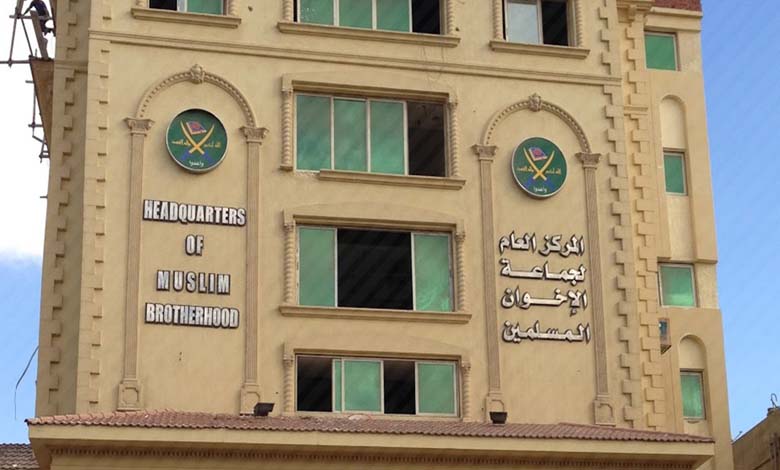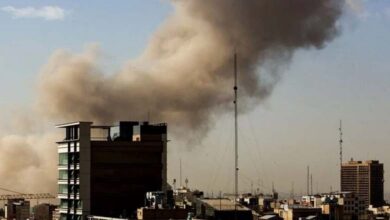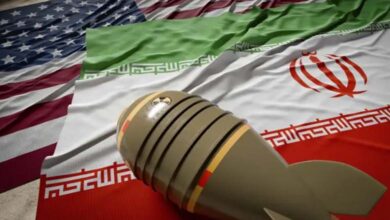The Muslim Brotherhood Abroad: Political Failure and Limited Influence Attempts

Since the ousting of the Muslim Brotherhood’s rule in Egypt in 2013, the organization has persistently sought to reestablish itself in the political arena. Yet all of its efforts have ended in failure, as Egyptian society has become increasingly aware of the futility of its outdated rhetoric and tactics.
-
The Muslim Brotherhood and the risk of infiltration into the French Green Party… what is happening?
-
Between Caution and Allusion: How Western Media Portray the Muslim Brotherhood
According to a report published by the Egyptian outlet Al-Bawaba News, the movement shifted part of its activity abroad, relying on members who fled the country and certain media outlets funded by regional powers. Their primary objective has been to tarnish Egypt’s image on the international stage, particularly in European capitals such as London, Paris, and Berlin.
One of the Brotherhood’s most prominent strategies involves organizing demonstrations outside Egyptian embassies. These events are promoted through their media channels and online platforms to create the illusion of broad popular opposition to the Egyptian state.
-
The Muslim Brotherhood and Education in France: the Ibn Khaldoun Crisis Unveils Hidden Funding Networks
-
Egypt and the Muslim Brotherhood: Talha’s Release Exposes Double Standards and Threatens Regional Security
In reality, however, these gatherings rarely exceed a few dozen participants, many of whom are incentivized by financial support or promises of legal residency. This lack of authenticity significantly undermines their credibility in the eyes of international public opinion.
Monitoring of these demonstrations reveals recurring faces and slogans, alongside consistently low turnout, making them appear as repetitive symbolic acts with little genuine political significance. Reports from certain European security agencies confirm that the majority of Egyptian expatriates refuse to take part, fully aware of the artificial nature and hidden agendas of such events.
-
Contradictions in the Egyptian Discourse: Between Declared Hostility Toward the Muslim Brotherhood and Implicit Cover for Affiliated Factions
-
European awakening on the Muslim Brotherhood issue: seven countries on the path to counteraction
Some Western correspondents have even described these activities as mere “symbolic attempts” by a movement that has lost its influence over its traditional base. The Brotherhood no longer presents any viable alternative project or political vision that could garner popular support. Instead, it continues to recycle its hostile rhetoric against the Egyptian state, relying on terms like “legitimacy” and “coup” that have long lost their resonance.
In certain cases, these actions have escalated beyond peaceful protest, leading to attempted attacks on embassies or disruption of their work. Such incidents represent clear violations of diplomatic norms and have prompted several European countries to reconsider granting permits for Brotherhood-organized demonstrations near Egyptian embassies due to potential security risks.
-
The Telegraph Exposes the Muslim Brotherhood’s Game in Britain: Moderation in Public, Radicalism in Private
-
Rising Western Pressure on the Muslim Brotherhood: A Shift in Policies and Approaches
In response, Egyptian diplomacy has adhered to a language grounded in law and factual evidence. It has reaffirmed its respect for peaceful freedom of expression while stressing the importance of distinguishing it from hostile activities aimed at undermining state stability. Cairo has also urged host countries to uphold their international obligations to protect diplomatic missions.












